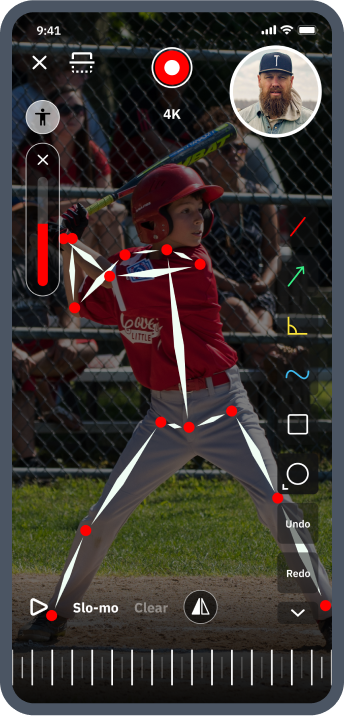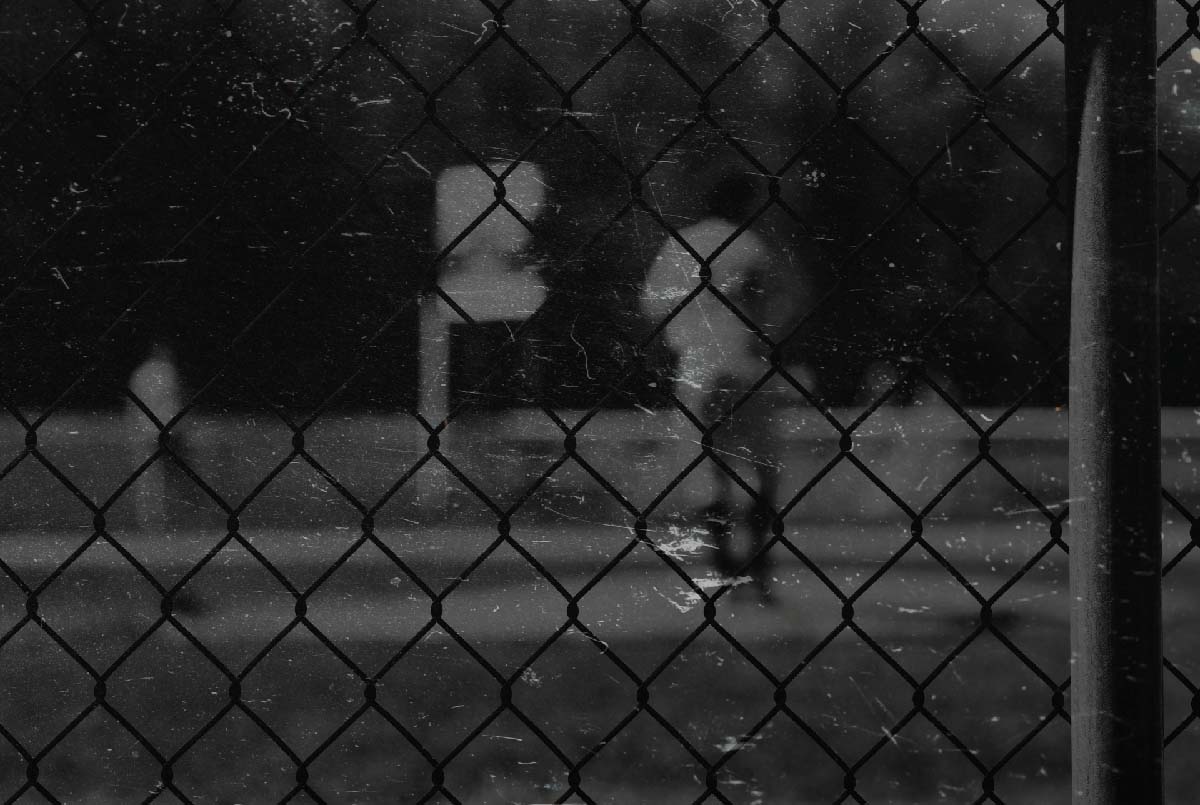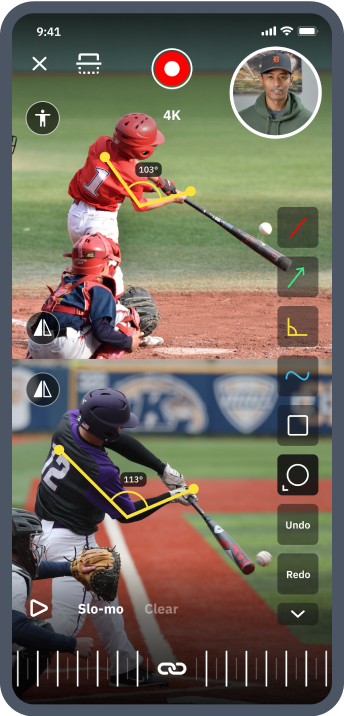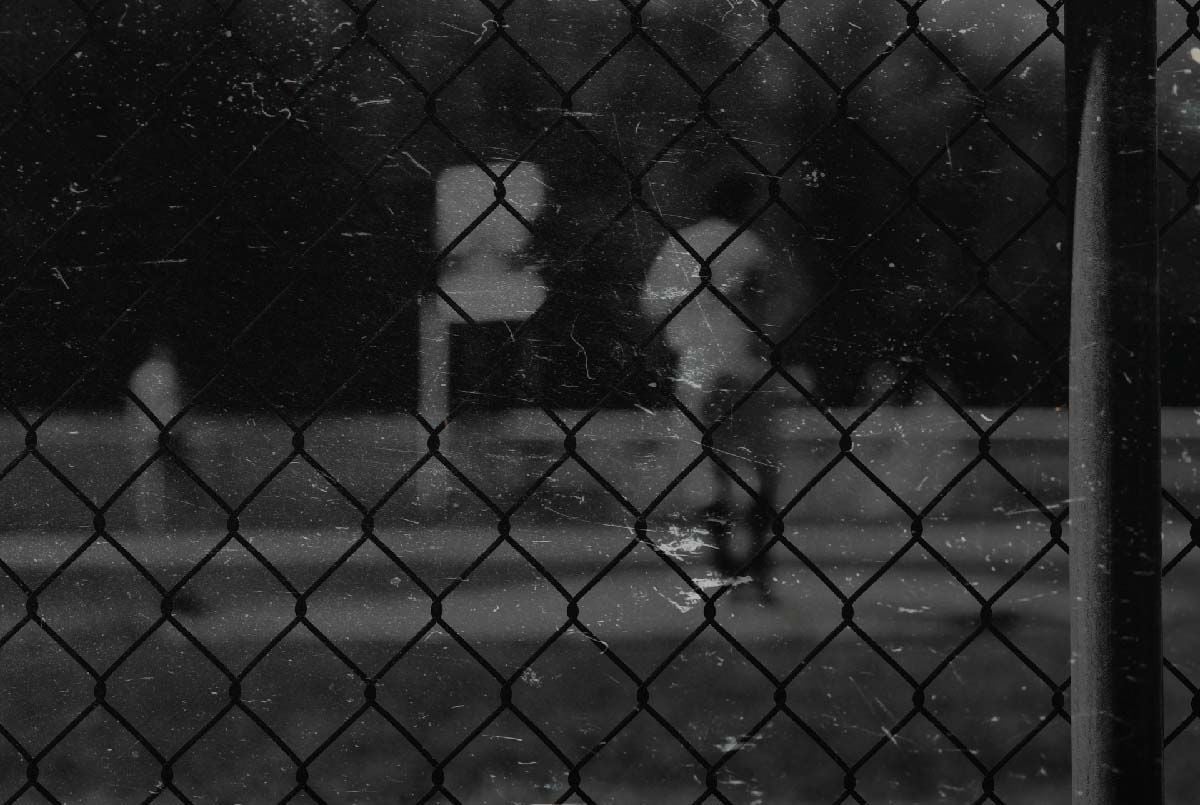Does Your Hitting Lessons Instructor Have the Qualities of a Successful Coach? | 10 Keys to Look For

A hitting lessons instructor is a worthwhile investment for your young slugger.
One-on-one expert help has been shown across many disciplines and fields to accelerate student progress.
Private baseball or softball instruction can likewise help boost your child’s hitting performance and overall confidence. But it takes the right coach for the job.
There are so many hitting coaches out there – how do you know which one to choose?
One of the best ways is to evaluate the instructor’s qualities as a coach to see if they’re a good fit for you and your ballplayer’s needs and goals.
In this SeamsUp article, we’ll cover three things:
- What to expect from a hitting instructor
- The 10 Qualities of a Successful Coach
- Coach experience vs. in-game results
Unlock your ballplayer’s full potential
Find the perfect vetted coach to build a solid foundation or take your player's skills to new heights.
Download the free app

What Does a Private Hitting Lessons Instructor Do?
Before looking for your child’s new hitting instructor – or deciding that you need one – you should know what to expect from a hitting coach.
What does a hitting coach do, and what role will he or she have in your child’s skill development?
Hitting instructors should ultimately do three things:
- Break down complicated concepts for players to easily digest and implement.
- Adapt their coaching style for each individual player.
- Empower hitters to take ownership of their process and help themselves.
Let’s go into more detail on each of these job requirements.

1. Breaks Down Concepts
In recent years, sabermetrics and statistical analysis, along with biomechanical insights and the various analysis technologies that enable them, have taken a more central role in all baseball and softball training.
A good hitting coach will at the very least be aware of these latest developments and aim to implement evidence-based techniques into their coaching.
But a good coach also won’t overwhelm an athlete, regardless of age, with technical terms.
Successful coaches will take the science behind the swing mechanics and break it down into actionable steps for their hitters.
They translate the science of hitting to ballplayers who need its principles in order to execute most efficiently in the messier and more dynamic labs that are real ballgames.
Even before and beyond this modern science and tech, the art of hitting a round ball with a round bat has always been inherently difficult and fraught with failure outcomes.
You want a hitting coach that can simplify your athlete’s mechanics and approach in the batter’s box as much as possible – in a way that young ballplayers can actually retain and execute on in live situations.

2. Adapts Coaching Style
Players constantly hear about the importance of being “coachable” or “teachable.”
These traits are essential for improvement, but coaches need to acknowledge that not every athlete they work with is the same or learns the same way.
Every athlete is not a clone of the one before, and just because a certain style of coaching, mentality, and stance worked with one athlete does not mean it will work for all athletes.
Players have:
- Differently composed bodies
- Different length arms and legs
- Different strength levels
- Different previously-ingrained mechanics and cues
- Different levels of hip, knee, or shoulder mobility
- Different visual perceptual-motor skills
- Different emotional responses and mental tendencies
- Different preferences for how to be spoken to
- Different preferred learning styles
- Different natural energy levels
- Different stages they're at in their development for all of these other things
Given this list of differences above, which is not even exhaustive, why do some coaches still insist on demonstrating and verbalizing the same things to each athlete they work with?
Yes, this warning can also apply to coaches who use the exact same verbal cues and ways of speaking, with the same tone or energy-level, for every student.
A good instructor changes their approach, at least in small ways, athlete by athlete, in order to most effectively reach that individual ballplayer.

3. Help Hitters Help Themselves
Ultimately, your chosen hitting coach can’t be next to your ballplayer when they’re in the batter’s box during their big tryout or weekend games, so they must equip athletes with the tools and tactics they need to make adjustments and succeed on their own.
Your instructor should address the root of the problem, giving your player a solid foundation of knowledge and understanding to build upon.
A hitting instructor will also help hitters with the mental and strategic aspects of the game that become vital at older age levels of play.

Qualities of a Successful Hitting Coach
1. Knowledgeable
Coaches should, of course, be well-versed in their sport.
They should have experience either playing or coaching before – enough to understand the nuances and intricacies of the game.
Not only will a successful baseball or softball hitting coach understand the game, but also how best to train athletes for it. Good coaches are willing to adapt their methods if it helps their players reach their goals.
How do you evaluate a hitting instructor’s knowledge?
Look at this person’s previous experience within the sport, as well as the success of other players he or she has coached.
Even if you are unfamiliar with baseball or softball, you can usually evaluate a coach’s basic expertise level.

2. Continuous Learner
In addition to being knowledgeable, a good hitting coach will be a constant learner.
Coaches understand that trends, methods, and techniques change over time. New research can come out, highlighting aspects that previously went unexamined.
A good coach soaks up as much knowledge as possible. He or she stays up to date on new developments in training by reading books and academic articles, watching videos, or speaking with other coaches.
A hitting coach set in his or her ways and unwilling to change isn’t a good sign.
A good coach recognizes the need to adapt and try new things. The best coaches even take inspiration from their players, acknowledging that sometimes the most innovative ideas come from athletes themselves.
As a lifelong learner, your child’s hitting coach should be observant and open to new ideas or perspectives.

3. Humble
Openness to new ideas goes hand in hand with another critical coaching quality – humility.
The best leaders and instructors are unafraid to admit when they’re wrong.
They’re also willing to hear opinions that might challenge their own beliefs. A good coach will do so gracefully and respectfully, understanding that good ideas can come from anywhere.
Tied to humility is the virtue of patience. Instructors and coaches who work with younger children should be especially patient.
Athletes might not understand their coach or execute adjustments correctly on the first or even 20th try, so coaches have to keep encouraging and explaining – keep looking for a way to make things click for that particular athlete.
Someone with a loose temper won’t ever make a successful hitting instructor.
If you’re paying a hitting instructor to train your young athlete, you don’t want someone who gives up on your kid or forgets the long-game that effective learning calls for.

4. Energetic
A successful coach will have a lot of energy.
Often, it’s the coach’s job to keep players’ motivation up during training and games. Coaches are meant to inspire their players and lead by example.
The most effective way to do so is by having enthusiasm for the sport.
A good hitting coach will motivate your kid to do better, as well as teach your athlete how to best motivate themselves.
Positivity goes a long way for coaches as well. A good coach keeps up an encouraging attitude with their players.
But a hitting instructor also shouldn't be afraid to be straight up with their athletes.

5. Good Communicator
Successful coaches should be excellent communicators.
They’re able to break down complex subjects and explain them to their athletes. A coach should clearly define goals for their players, as well as offer constructive feedback.
Athletes won’t improve if they don’t know which goals they should be working toward. A good coach will also acknowledge when players hit the benchmarks they’ve set.
The grind of your ballplayer’s playing and training, often year-round these days, must be punctuated by moments of positive reinforcement and earned praise.
Hitting coaches are prime candidates for recognizing and celebrating these moments.

Coaches should also use their communication skills to relate to players.
Coaches who take the time to get to know their players will also command more respect and trust. If a player feels listened to and valued, he or she is more likely to take the coach’s advice and strive for improvement.
As such, impeccable listening skills are also integral to being a hitting coach.
An interpersonal communication model put forth by communication researchers may be helpful for coaches to become aware of.
It’s called the “The Transaction Model of Communication.”
And it thinks about communication as a process wherein communicators work together to generate new realities among different contexts.
This transactional model also posits that both coach and player are constantly sending and receiving information.

6. Leadership
Exhibiting fine leadership qualities is also essential to being a successful coach.
A coach, whether a team coach or a hitting instructor, should be organized and communicative. Players should always be able to look toward coaches for guidance.
Coaches, in turn, motivate players to train their hardest by setting a positive example. Good leaders follow their own advice, backing up their words with actions and authentic examples.
Leadership is fundamental to all aspects of team sports like baseball and softball.
Players need an honest, sincere, patient, guiding force in order to perform their best. Coaches should fill that role. Your child’s hitting instructor should be an encouraging example when it comes to training and motivating oneself.

7. Strategist
A successful coach is a good strategist.
Hitting coaches are tasked with seeing the bigger picture – sometimes the entire possible trajectory of your child’s career in the sport.
As a parent, you are more emotionally wrapped up in the failures or successes of a single game or weekend tournament.
Great hitting coaches take in the data that your ballplayer tells them – or that you send them via video – about recent successes and failures and may be inspired to focus on a particular theme or adjustment for the next lesson.
But most hired hitting coaches also have the superpower of long-term objectivity.
These trends in your athlete can be physical, like a player's growth in height, muscle density, or explosiveness.
But these trends can also be mental, like how well your player is handling in-game pressure lately or how their confidence at making solid contact on certain pitches is increasing or decreasing.
The hitting coach must factor all of these mental and physical trends into the guidance they dish out. But, as already alluded to, that guidance must also be informed by the coach’s experience.
This is especially true as your athlete enters high school.
Experience gives them insight into what college coaches and pro scouts might be looking for and where the physical and mental trends that your athlete is exhibiting fit into these conversations.
Ultimately, an excellent hitting coach will also stay focused on your child’s specific goals and ensure that every action they prescribe is aligned to these individual goals.

8. Commitment
In addition to being observant and vigilant about finer details, a good coach will be committed to his or her players’ improvement.
Not only will an effective coach have a passion for the sport, but he or she will also be dedicated to helping players reach their potential.
Coaches who show they care, who don’t give up on their players, who make themselves available for questions or advice, are coaches that players will gravitate toward.
Dedicated coaches will also be consistent. These coaches will take your ballplayer’s development seriously from start to finish.
Hitting coaches will also teach the value of consistency to their players. Fine-tuning a baseball or softball swing takes repetitive drilling of the fundamentals – swing mechanics are foundational to a good hitter.
Good coaches instill a drive in their athletes to keep working and improving, even, or especially, if it seems mundane.

9. Respectful
One of the most essential qualities for a successful coach is respect for players.
Coaches who belittle or demean their athletes cannot expect to see player improvement. A good hitting instructor will acknowledge that every player deserves to be treated civilly, no matter their age or skill level.
Coaches should always conduct themselves professionally as well.
Respect partially comes from knowing that every player is different. Modifying an approach based on an individual player’s strengths and weaknesses is the hallmark of a good coach.
Additionally, coaches should express a measure of gratitude. They should be grateful that players and parents are trusting them with instruction and, in the case of hitting instructors, paying them for this instruction.
A good coach understands that his or her position is possible only with the support of players and parents.

10. Passion for the Sport
Finally, a successful hitting instructor will have a passion for the sport he or she is coaching.
Passion goes along with knowledge and commitment, as all three are essential to being a good coach. Passion for something – in all areas of life, not just sports – also improves performance.
Truly enthusiastic coaches will help ignite and foster players’ love for the game, motivating them to work harder.
The best hitting instructors will live and breathe baseball or softball, immersing themselves in that world. You can usually tell which coaches have a passion for what they do just by speaking with them.
A hitting coach who’s excited about their work will talk in detail about what they do and how they can help players.

Hitting Lessons Instructor Experience vs. Results
When many parents are looking for a good hitting coach, they tend to value experience.
And it’s certainly true that your hitting instructor should be knowledgeable about the game, about hitting, and the new possibilities that technology can unlock.
One way to gain this experience is, of course, by playing and coaching at competitive levels of baseball or softball for many years.
It’s important to keep in mind, however, that experience doesn’t always translate into teaching ability.
So what does this mean for your future hitting coach?
If a coach has a stellar resume or comes recommended from a trusted source, they are certainly worth a try.
But, after each in-person or online lesson, just be sure to take the critical step that many parents miss – especially parents who are too trusting of credentials:
Have an in-depth conversation with your child about the experience.
What was their impression of the coach, the coach’s energy, or approach?
Ask your athlete what techniques or concepts were discussed in the lesson and see how well they can explain these things back to you.
If your ballplayer is not excited to talk about the lesson, or if they can’t relay to you one technique or concept that the hitting coach taught in that lesson, you might consider other coaching options moving forward.
Hitting coach effectiveness shouldn’t be necessarily measured by instant success on the field. In-game success might take weeks to months to emerge depending on a ton of different factors.
A better and quicker litmus test is whether or not your ballplayer is excited to work with the coach, and if they can retain anything they’ve learned lesson to lesson.

Possessing the Right Coaching Qualities for Hitters
When looking for a hitting instructor for your baseball or softball player, keep these above qualities in mind.
You want the best coach for your kid, so taking the time to evaluate a coach’s characteristics beforehand is always wise.
Just keep in mind that finding a great teacher and mentor can be a process of trial and error. And be patient.
That way, you can pick the best hitting instructor for your athlete.
Unlock your ballplayer’s full potential
Find the perfect vetted coach to build a solid foundation or take your player's skills to new heights.
Download the free app

About the Authors
Courtney Withrow
Professional Writer
Originally from the U.S., Courtney is a Brussels-based freelance writer with a Master’s degree in International Relations. She grew up playing softball and still loves the game.
Mike Rogers
Co-Founder & CEO
Mike Rogers has spent a lifetime entrenched in baseball and softball as a player, a private instructor, a training facility owner, and the son of two college-level coaches.

